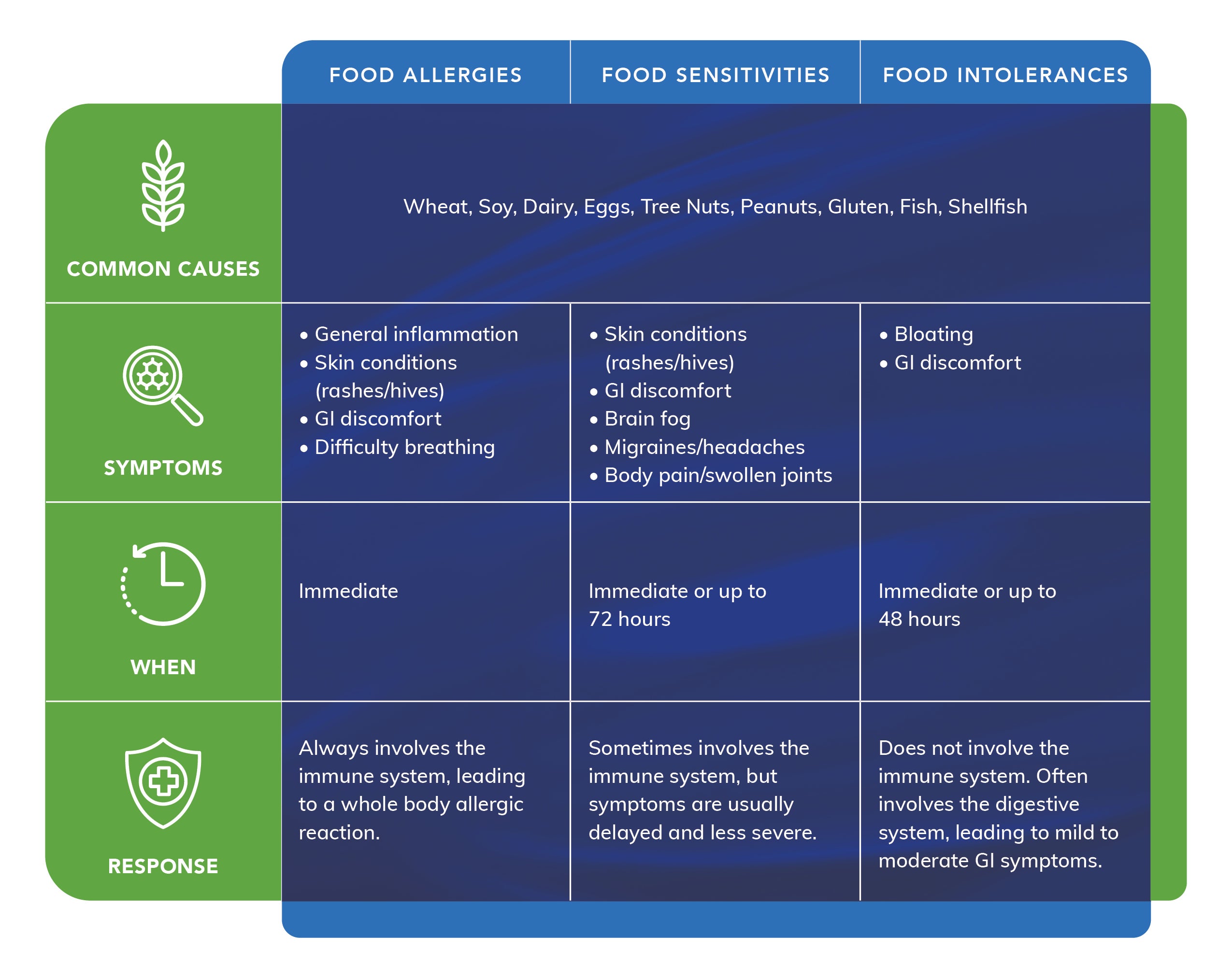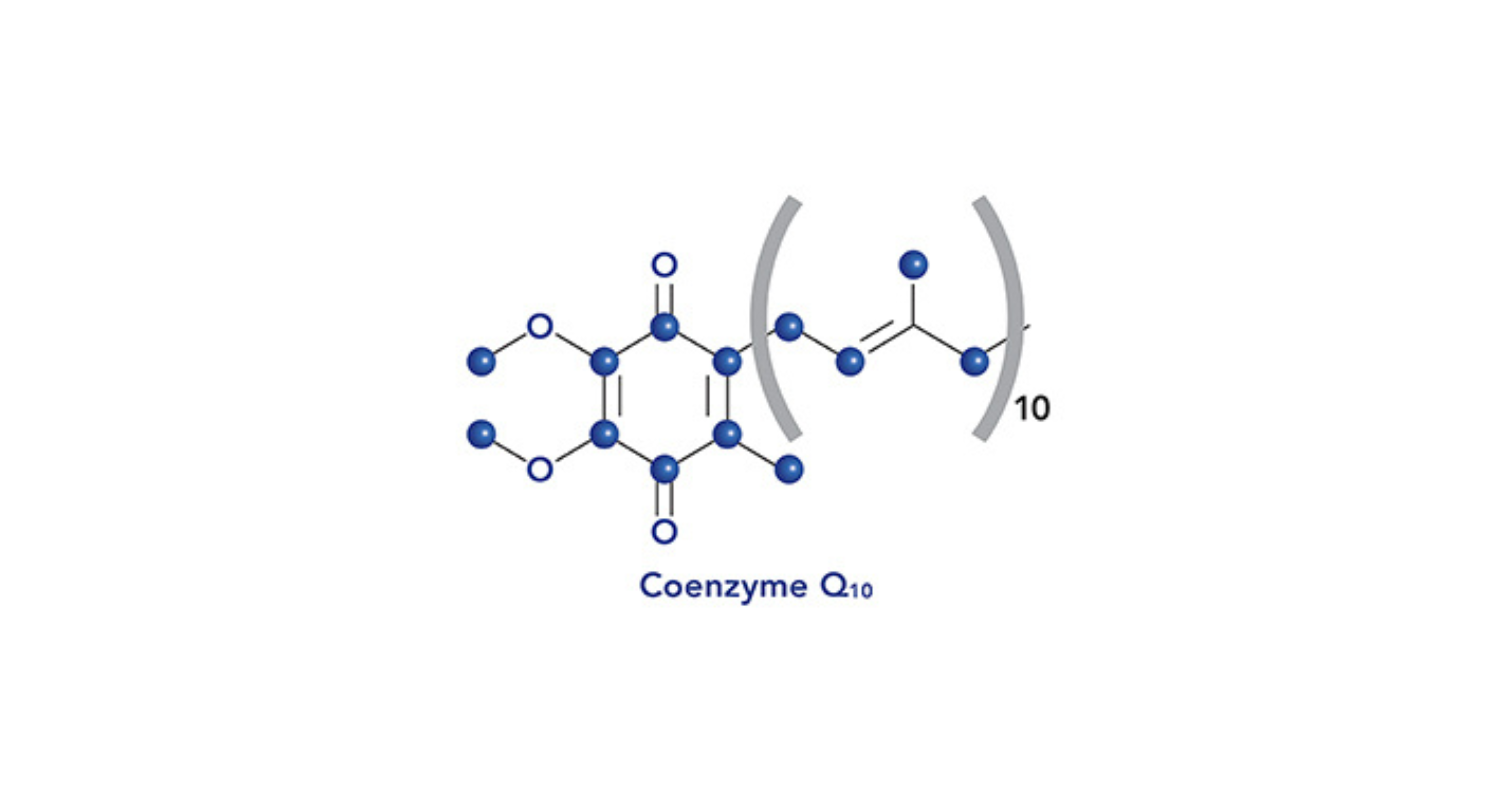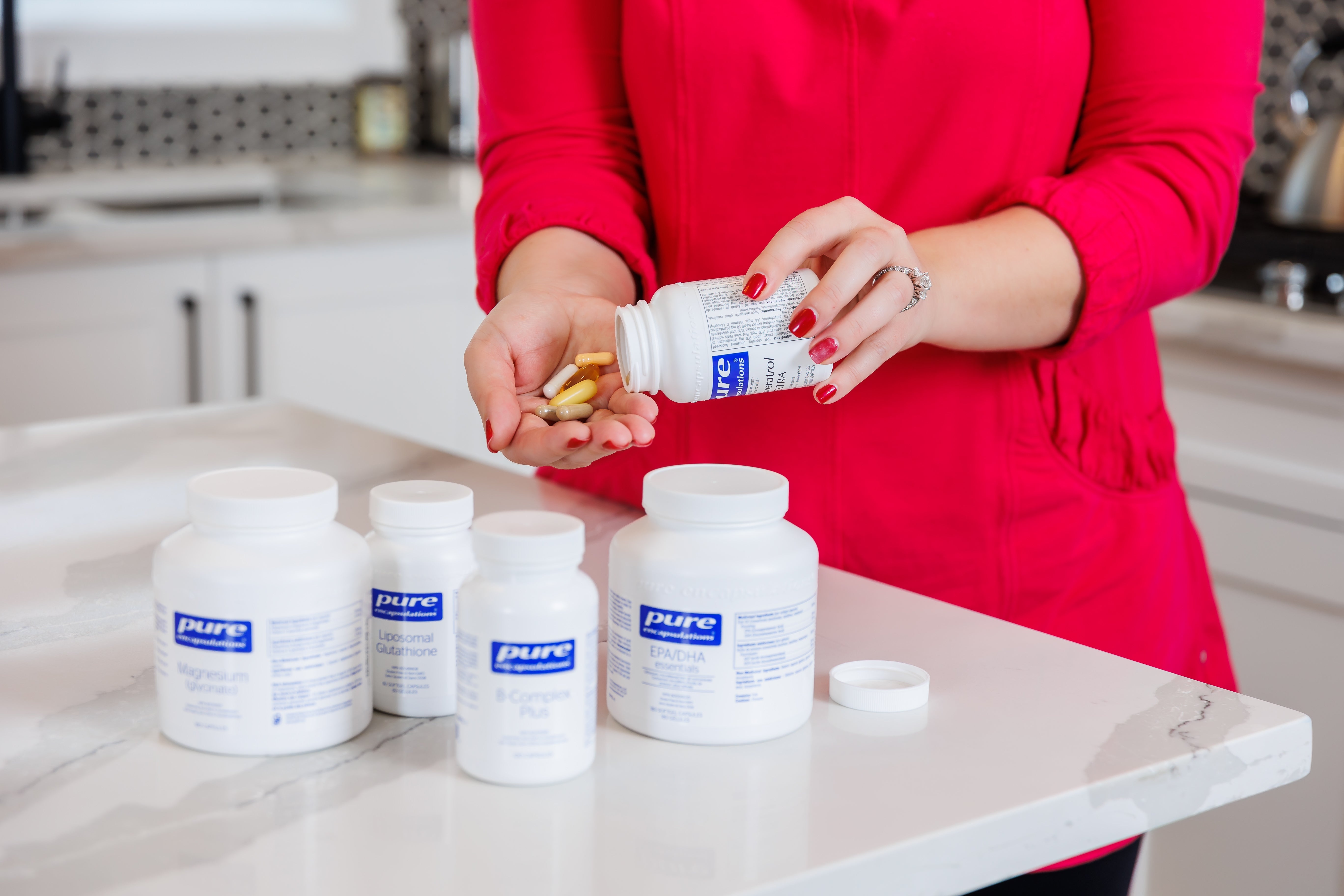Amino Acids: Health Benefits Beyond Athletic Performance

Amino acids are the building blocks of protein, and they play a vital role in human health. In fact, there are over 20 different amino acids that make up the proteins in our bodies.i
While most people only think about amino acid supplements for athletic performance, these nutrients offer a range of benefits for your health.
In this article, we will explore the various benefits of supplemental amino acids and how they can support wellness.
What are amino acids?
Before we dive into the benefits of supplemental amino acids, let's first look at what they are and what they do in your body.
As mentioned, amino acids are the building blocks of protein. They are essential for human health because they help form the proteins that make up our cells, tissues, and organs.ii
Amino acids can also be used for energy, and they play a role in numerous vital body functions, including:iii
-
Building muscle mass
-
Repairing tissue
-
Producing enzymes and hormones
-
Regulating moods and cognitive function
-
Supporting the immune system
There are two types of amino acids: essential and nonessential: 1
-
Essential amino acids can't be made by your body, so they must come from food or supplements.
-
Nonessential amino acids can be made from other amino acids (although this is not the best name since they are still necessary for health).
In some cases, certain amino acids are considered conditionally essential, which means that they become essential under certain conditions like illness or stress because the body can't produce enough.iv
Aside from food, many people use supplements to support amino acid intake. While we often think of protein or amino acid supplementation for sports performance and athletes, they have many more benefits to consider.
How do amino acids support healthy hair, skin, and nails?
Protein is a critical component of hair, skin, and nails, so adequate intake is necessary for structure and support. Amino acids can also promote healthy collagen production support antioxidant activity that impacts the health of hair, skin, and nails.
Amino acids support antioxidant activity and collagen production.
Antioxidants are compounds that help protect your cells from damage caused by free radicals. Free radicals are unstable molecules that can cause damage and oxidative stress in your body. Oxidative stress is linked to signs of aging in your skin (along with many other chronic health concerns), but amino acids could be one way to keep things in balance.v
Glycine is an amino acid needed to make a critical antioxidant in the body called glutathione. Glutathione is often called the body's master antioxidant because it's present in nearly all your cells, where it protects against oxidative stress. Without enough glycine, glutathione production can be compromised.vi
In addition to its role in glutathione production, glycine also supports healthy skin because it's needed to form collagen that provides structure and support.vii Collagen is also vital for the structure of your hair and nails.
Another amino acid that supports healthy skin is lysine. Lysine helps to form collagen and is also used to support wound healing because it promotes your skin's repair processes.viii
Can amino acids support sleep and energy?
Certain amino acids could support healthy energy levels and promote better sleep, making a big difference in your day-to-day energy levels.
Acetyl-l-carnitine for healthy energy production
Acetyl-l-carnitine, a nonessential amino acid, is used to help produce energy by converting fatty acids into fuel by your mitochondria.ix
Mitochondria are microscopic structures that make energy inside your cells. They are often called the powerhouse of your cells because it's their job to produce the fuel your cells need to function.
One study found that older adults given L-carnitine reported improvements in occasional fatigue and even supported healthy mental status.x

Sleep and oxidative stress
Interestingly, oxidative stress from excessive free radicals could negatively affect your sleep. One study found that L-carnitine supplements promoted more REM sleep (the active part of sleep that plays a role in memory and learning) by supporting antioxidant activity in the body.xi
This also may help explain why glycine (which also has antioxidant activity) has been shown to help with sleep quality and reductions in occasional fatigue.xii Another small, randomized control trial showed glycine positively affected sleep satisfaction, how quickly people fell asleep, and how they felt overall the next day.xiii
The good news about amino acid supplements like glycine is unlike some other forms of sleep support, they don't usually leave you feeling groggy and are considered safe with no adverse effects, even at higher doses.xiv
What amino acids support mood?
Certain amino acids support mood by helping to maintain a healthy balance of neurotransmitters. Neurotransmitters are chemicals that help to relay messages between your brain cells.
Amino acids and neurotransmitter production
Supplementation with glutamine could positively affect your brain health and mood by influencing the production of gamma-Aminobutyric acid (GABA) and glutamate. GABA is an inhibitory neurotransmitter that promotes feelings of calm and relaxation, while glutamate is an excitatory neurotransmitter associated with energy and alertness.xv
Glutamine could support your mood via the bidirectional communication system between your gut and brain called the gut-brain axis.xvi The gut-brain axis is thought to play a role in how you feel, as your gut bacteria can produce hundreds of neurotransmitters that travel to your brain.xvii
Glutamine promotes a healthy gut by acting as a significant energy source for enterocytes, the intestinal cells. Enterocytes help regulate gut permeability and immune function and interact with your bacteria.xviii
Acetyl-l-carnitine could also support the production of GABA and glutamate.xix Several studies suggest that this amino acid positively supports mood, with changes occurring even as soon as one week after starting a supplement.xxxxixxii

Amino acids could help with occasional feelings of anxiety or stress
Combining L-lysine with L-arginine could help with occasional feelings of stress and anxiety. One study found that these two amino acids supported a healthy stress response after only one week of supplementation, and another study found that L-lysine and L-arginine helped with feelings of stress related to public speaking xxiii xxiv
A study on L-theanine, another amino acid (and active compound in green tea), found that four weeks of supplementation supported cognitive and stress responses in healthy adults, along with better sleep.xxv
Can amino acids support healthy weight management?*
Healthy weight management isn't about one factor, but amino acids might play a role by helping your cells use energy more efficiently.
Amino acids and fat metabolism
When combined with other healthy lifestyle habits like diet, exercise, and sleep, L-carnitine could be a part of a healthy weight management plan. L-carnitine is especially important for transporting long-chain fatty acids into the mitochondria to be metabolized for energy.xxvi
One study found that participants who took L-carnitine saw significant positive changes in body mass, waist circumference, and other health markers like cholesterol. They also felt less hungry while fasting.xxvii A meta-analysis including 37 studies also concluded that L-carnitine positively supports healthy weight changes.xxviii
Your gut health is linked to your weight
Your gut health also plays a role in body size. While scientists continue to attempt to understand precisely how our gut bacteria influence weight, multiple studies suggest that the types of bacteria present in your gut could play a role in body size.xxix
Certain bacteria are linked with obesity, and an altered ratio could make it harder to maintain a healthy weight. A study on glutamine noted supplementation led to the same type of changes in the composition of gut bacteria usually seen with weight loss. In other words, glutamine positively altered the bacteria to reflect those with healthy body weights. xxx
Amino acids could have many benefits for your health
Amino acids are essential for life and support a variety of bodily functions. While many people think of amino acids as only helpful for athletes, the truth is that they offer a range of benefits for overall health.
From supporting your mood and sleep to aiding in weight management and gut health, supplemental amino acids can play an important role in your overall wellness. When combined with other healthy lifestyle habits, they can be an essential part of a healthy life.
Caitlin Beale, MS, RDN is a registered dietitian and freelance health writer. She has a master's degree in nutrition and over ten years of experience as a registered dietitian.
+The views expressed in this article are those of the authors. They do not reflect the opinions or views of Pure Encapsulations®.
*Provides weight management support as part of a healthy lifestyle with a reduced calorie diet and regular exercise.
























